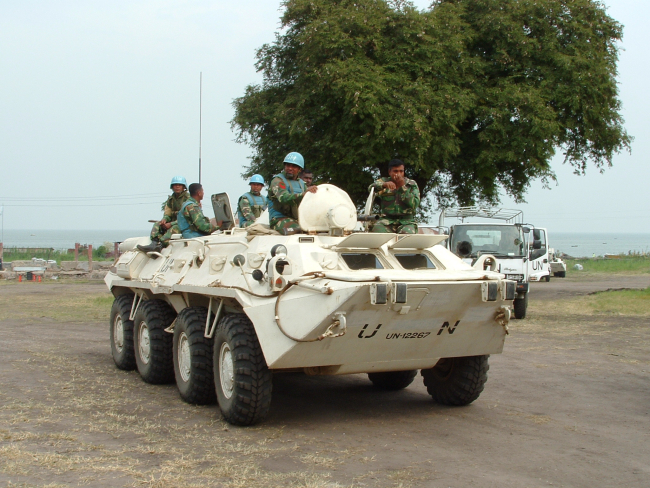Governance of Oil in Africa: Unfinished Business

A look at the world's oil and gas resources would lead any investor to Russia or the Middle East with the more adventuresome exploring opportunities in the Caspian Basin. But many of these oil and gas provinces are largely off limits for international investors, or the investment conditions have become so unpredictable that investors are forced to look elsewhere for the oil and gas to meet the world's increasing demand. Even if today's economic crisis has taken the urgency out of today's supply and demand balances, economic recovery will soon reveal the need for ever-increasing investment upstream.
This book includes four chapiters.
Introduction par Jacques Lesourne
Chapitre 1 : Oil and Political Violence in Nigeria par Yvan Guichaoua
Chapitre 2 : Angola's Homegrown Answers to the "Resource Curse" par Nicholas Shaxson
Chapitre 3 : The Use of Oil Revenues in Africa par Géraud Magrin et Geert van Vliet
Chapitre 4 : Border Conflicts Tied to Hydrocarbons in the Great Lakes Region of Africa par Benjamin Augé
To order to La documention française

Available in:
Regions and themes
ISBN / ISSN
Share
Download the full analysis
This page contains only a summary of our work. If you would like to have access to all the information from our research on the subject, you can download the full version in PDF format.
Governance of Oil in Africa: Unfinished Business
Related centers and programs
Discover our other research centers and programsFind out more
Discover all our analysesAnglo-Kenyan Relations (1920-2024) : Conflict, Alliance and a Redemptive Arc
This article provides an evidentiary basis for postcolonial policy in its analysis of Anglo-Kenyan relations in a decolonization era.
When City Diplomacy Meets Geopolitics: A Framework to Help Cities Navigate Geopolitical Risk
Crises and the increasing polarization of international relations make political risk analysis an indispensable resource for internationally active public and private entities.
The United Nations Mission in Congo or the exemplary uselessness of the United Nations peacekeepers
During the M23 conflict in 2012-2013 in the Democratic Republic of Congo (DRC), the United Nations (UN) took the diplomatic initiative (by initiating the Addis Ababa agreement) and the military initiative (by launching a coordinated counter-offensive with the Congolese army). Since the resurgence of this conflict in 2022, the United Nations, which still has more than 10,000 peacekeepers deployed in eastern DRC, no longer plays any role.
Rebooting Italy's Africa Policy: Making the Mattei Plan Work
Against the backdrop of increasing anti-French rhetoric across parts of Francophone Africa, the relative failure of the counterinsurgency operation in the central Sahel (Operation Barkhane) and diplomatic rifts with several Sahelian countries, Paris has been rethinking its relationship with the continent for several years now. As a former imperial power that has seen its colonial domain in Africa gain independence between 1956 (Morocco-Tunisia) and 1977 (Djibouti), France has invented two successive roles for itself in Africa since 1960, particularly in French-speaking sub-Saharan Africa.











